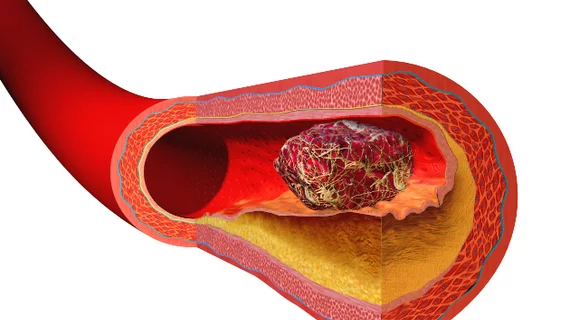AI for CT angiography gets go-ahead
The FDA has greenlit an AI algorithm that automatically measures dilation in the heart’s right ventricle on CT images so physicians can ratio it with the left ventricle and, in the process, predict a patient’s risk for blood clots in the lungs and other dangerous cardiothoracic conditions.
Minneapolis-based Imbio announced the 510(k) clearance this week.
“Reporting right heart strain on CT pulmonary angiogram studies positive for pulmonary embolism, despite what we are inclined to think, is frequently done inconsistently, incorrectly or not at all,” a radiologist in the U.K. who trialed the technology says in the announcement.
“We have shown Imbio’s RV/LV Analysis to work consistently in unselected real-world cases and have demonstrated how it could alter management, as well as potentially predict all-cause mortality,” adds the radiologist, Jonathan Rodrigues of Royal United Hospitals Bath NHS Foundation Trust.

